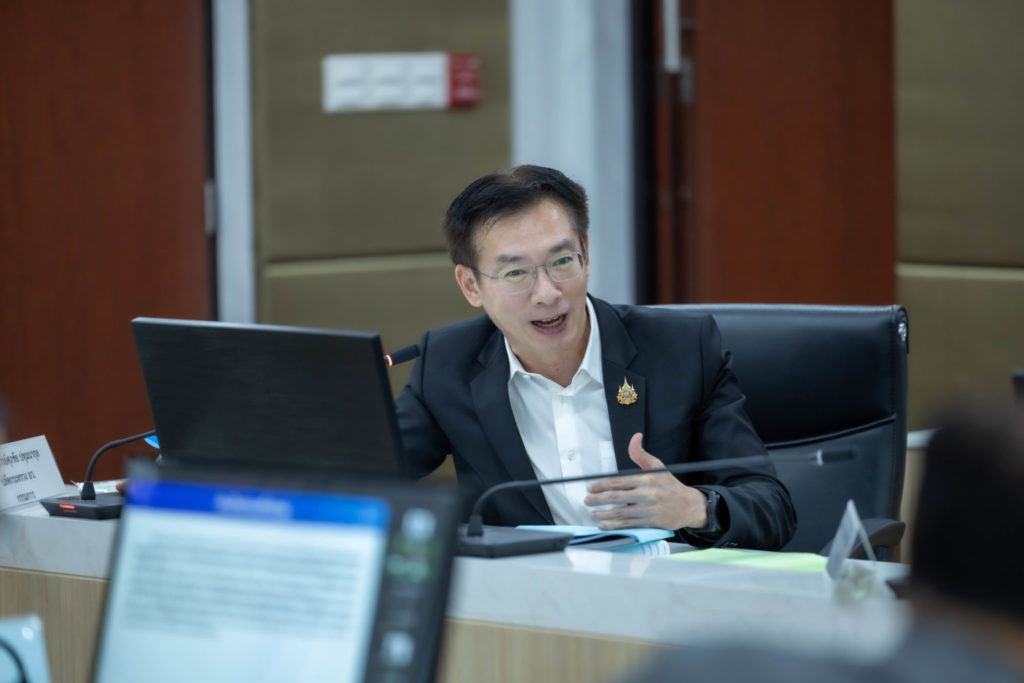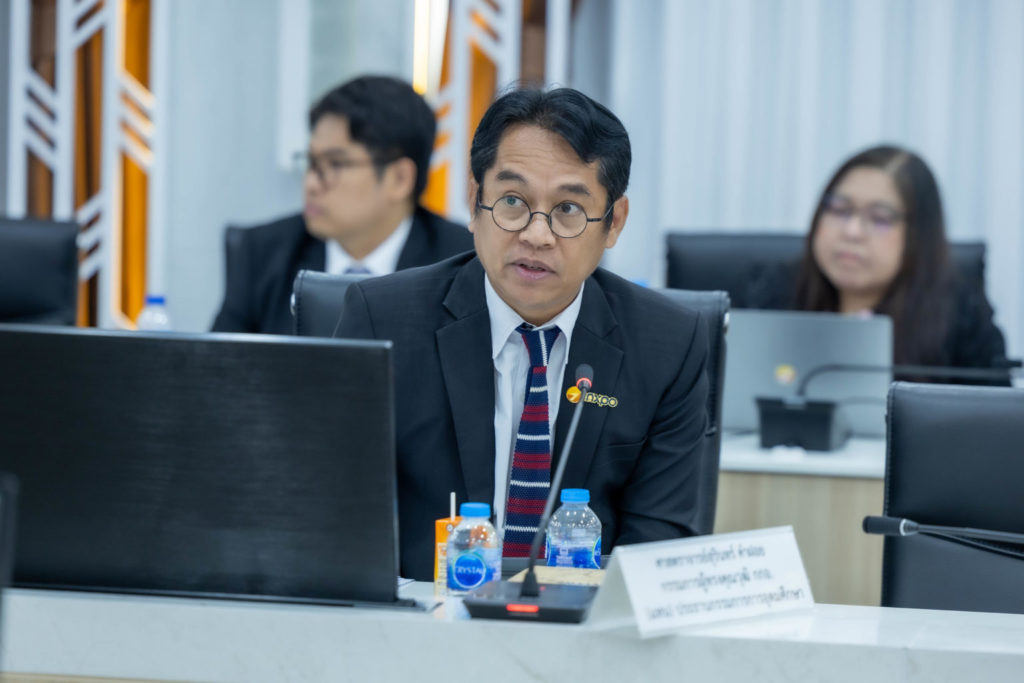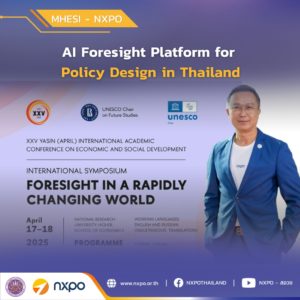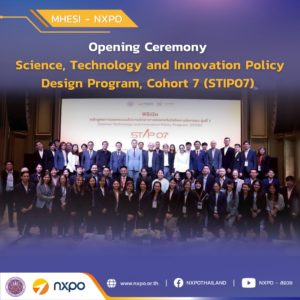The Ad Hoc Committee on Higher Education Innovation, under the National Higher Education, Science, Research, and Innovation Policy Council, held a meeting on 4 March 2025. Chaired by Ms. Supamas Isarabhakdi, Minister of Higher Education, Science, Research and Innovation (MHESI), the committee approved three new education programs under the Higher Education Sandbox initiative.
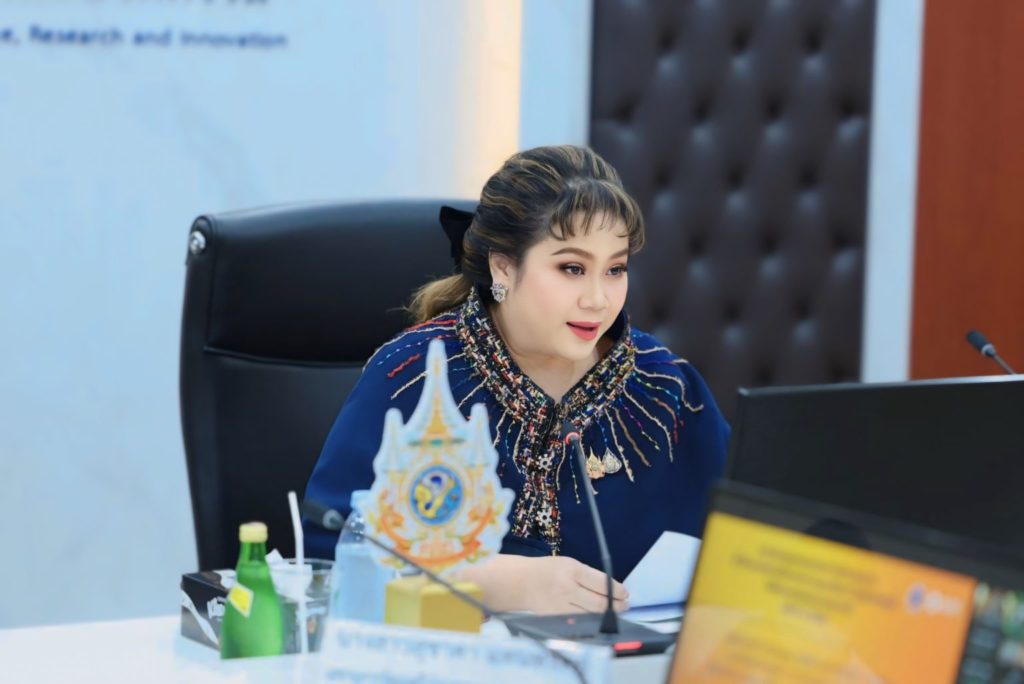
NXPO President Dr. Surachai Sathitkunarat provided an update on the initiative’s progress. To date, 16 sandbox programs have been approved, targeting the production of over 25,655 highly skilled graduates. Of these, eight programs have already launched, enrolling 1,458 students, while five more are set to commence in the 2025 academic year. Additionally, a semiconductor-focused sandbox program, developed through MHESI’s top-down approach, has received approval and will admit its first cohort in 2025 across five higher education institutions to meet industry workforce demands.
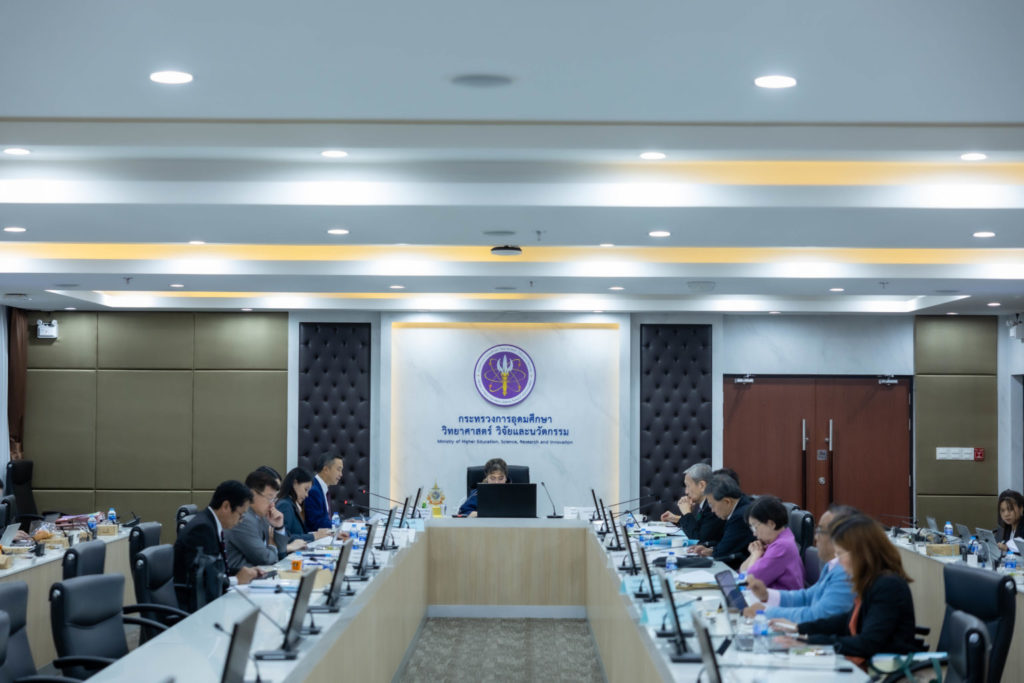
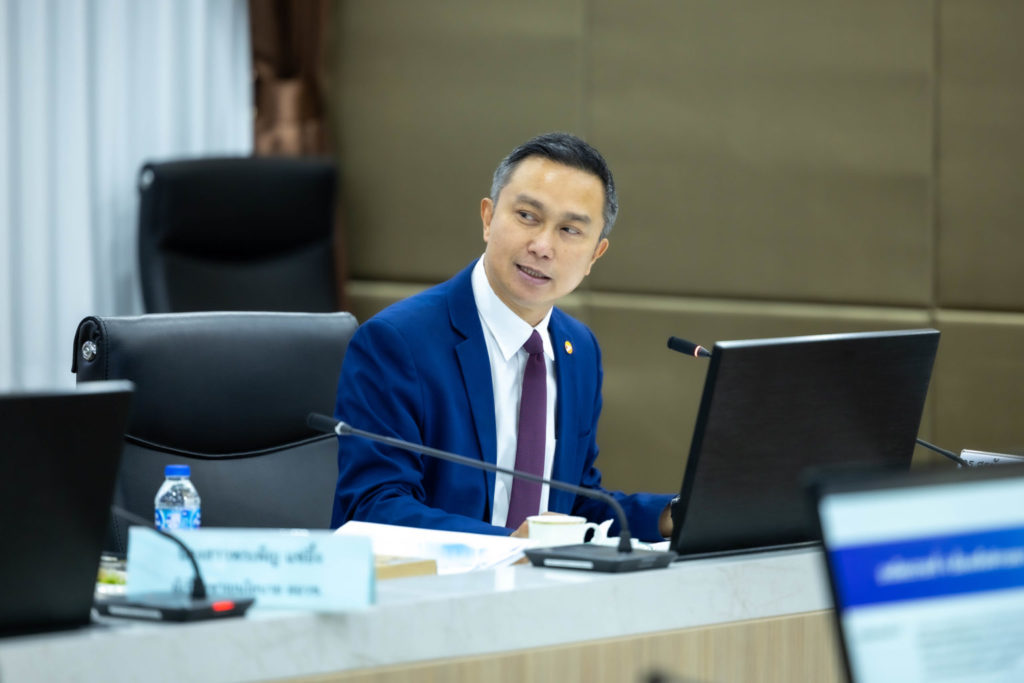
NXPO Policy Specialist Dr. Pornpen Sae-ung outlined the three newly approved programs:
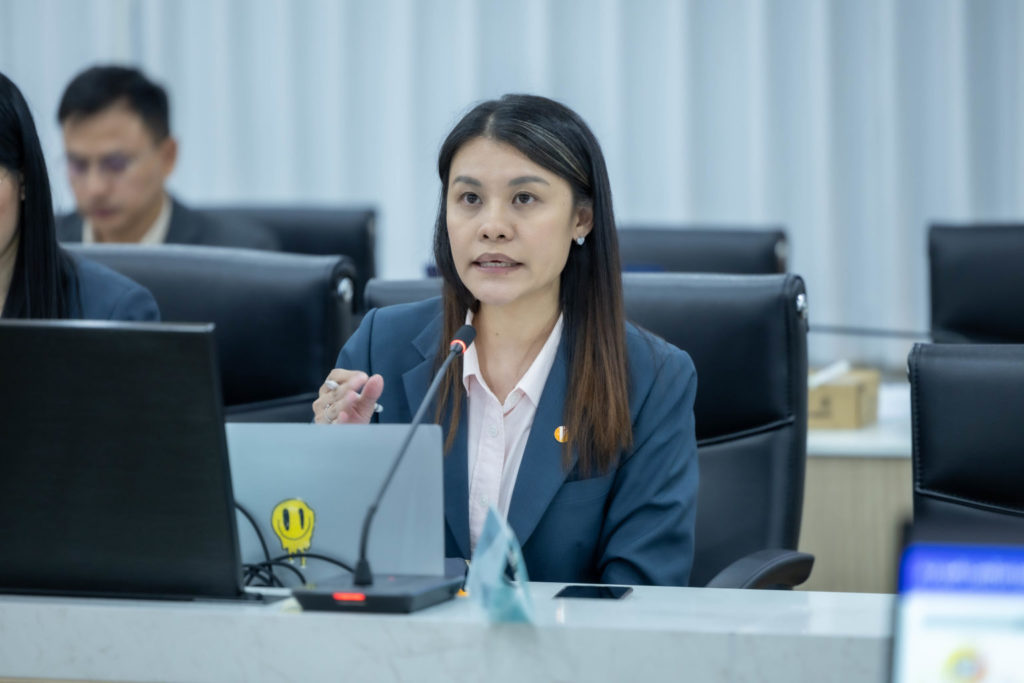
- Master’s and Doctoral Programs in Bioinformatics and Systems Biology for Driving Frontier BCG Economy. Developed through a collaboration between the Thailand Academy of Sciences (TAS), the Program Management Unit for Human Resources & Institutional Development, Research, and Innovation (PMU-B), and King Mongkut’s University of Technology Thonburi (KMUTT), these programs feature a tailor-made curriculum integrating theoretical knowledge with hands-on research at leading institutions. The research-based learning approach leverages advanced tools and resource persons from research institutions. Over 10 years, the programs aim to train 100 high-level researchers in bioinformatics and systems biology at the master’s and doctoral levels.
- Master’s and Doctoral Programs in Sustainable Bioenergy and Biorefinery Technology. Implemented by PMU-B and KMUTT under the TAS framework, these programs foster collaboration between universities and research institutions to provide research-based education. The goal is to develop expertise in bioenergy and biorefinery, with a focus on scaling up production to support the translation of research into commercialization. Over nine years, the programs aim to train 50 master’s and doctoral-level researchers.
- Bachelor of Arts in Creative Innovation and Entrepreneurship. Offered by Rajamangala University of Technology Isan (RMUTI), this interdisciplinary program is a joint initiative of the Institute of Interdisciplinary Studies, the Faculty of Architecture and Creative Arts, and the Faculty of Business Administration. It integrates design, arts, business, and digital technology to drive soft power development. The curriculum follows a problem-based learning approach aligned with Business and Technology Education Council (BTEC) standards. Over eight years, the program aims to produce 100 graduates for the creative industries.
